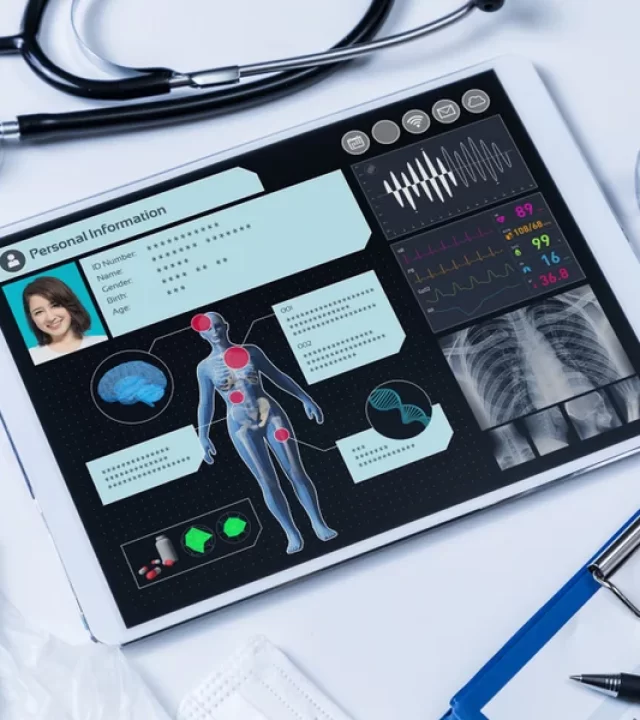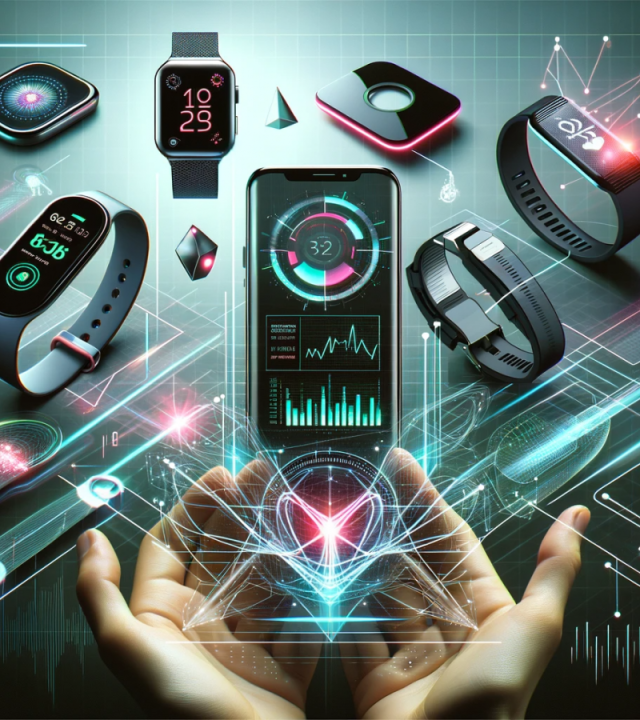Digital Helthcare Services
Transforming and creating a more patient-centric, data-driven, and efficient healthcare ecosystem.
Revolutionising the healthcare sector by connecting medical devices, patients, and healthcare providers through networks that enable real-time data exchange, monitoring, and automation.
Our Key ICT-driven digital services
Digital services in healthcare powered by ICT include a variety of tools and solutions that help both healthcare providers and patients manage health-related activities more effectively.
Electronic Patient Health Record (EHR)
Our system is a digital version of a patient’s paper-based medical record, used to store and manage health information. EHR systems are designed to streamline healthcare delivery, enhance the quality of care, and improve clinical workflows by making critical health data readily accessible to authorized users.

Benefits
improve coordination among healthcare providers, reduce medical errors, enhance care efficiency, and facilitate better decision-making by offering comprehensive patient histories.
Wearable Devices and IoT
IoT devices offer a number of new opportunities for healthcare professionals to monitor patients, as well as for patients to monitor themselves. By extension, the variety of wearable IoT devices provide an array of benefits and challenges, for healthcare providers and their patients alike.
- Remote patient monitoring
- Glucose monitoring
- Heart-rate monitoring
- Smart Blood Pressure Monitors


Blockchain for Health Data Security
Blockchain technology provides a secure and transparent way to store and share medical records. It ensures data integrity, privacy, and trust among healthcare providers and patients.
Benefits: Blockchain enhances the security of patient data, reduces the risk of breaches, and allows for seamless sharing of medical records across institutions.

Cloud Computing in Healthcare
Cloud computing provides scalable storage solutions for vast amounts of health data and allows healthcare providers to access information and software applications over the internet.
Benefits: It reduces costs for IT infrastructure, improves data accessibility, and enhances collaboration between healthcare providers, leading to better care coordination.
